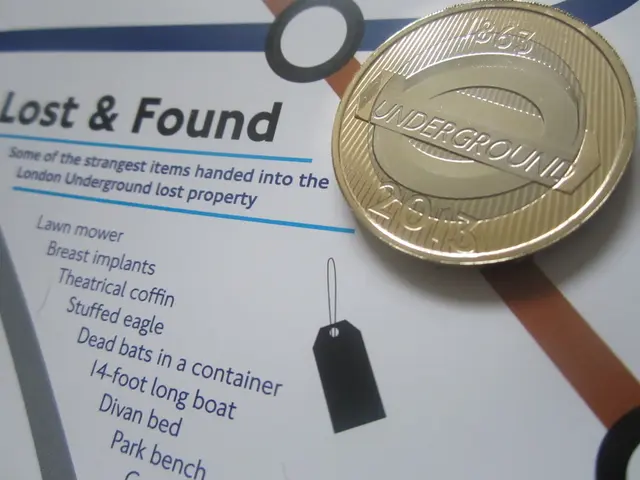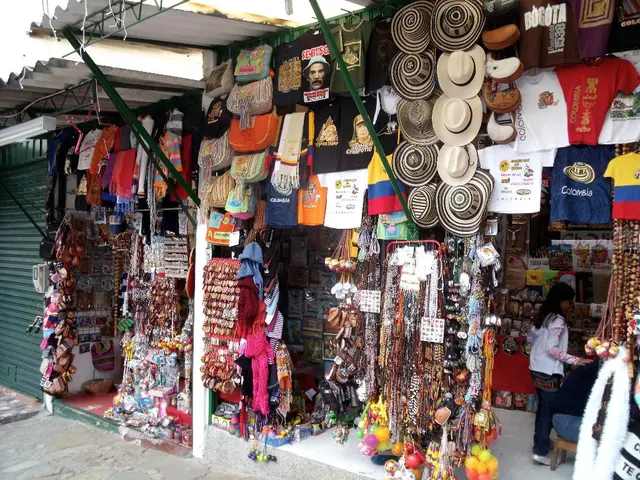Businesswoman from Texas Imprisoned for 18 Months over Coordination of Illicit $21 Million Gambling Operation Adjacent to Her Premises
In a federal court, Dominga "Penny" Ledesma, a businesswoman from rural Texas, was sentenced to 18 months in prison for her involvement in an illegal gambling scheme. The operation, centred around "8-liner" slot machines, generated more than $21 million in gross revenue and involved multiple game rooms across South Texas.
The scheme operated through illegal gambling establishments, where gamblers played these slot-like machines and won silver pellets. Ledesma ran a business called Brittany’s Boutique and exchanged these silver pellets—won in a neighboring gambling store—for cash. She then sold the pellets back to the gambling operation owner.
Key details of the case include:
- Ledesma used the identity of a deceased man to file false tax returns related to at least $10,000 in cash transactions for the scheme.
- The silver pellets were won from slots in a store located next door to Brittany's Boutique.
- Ledesma's brother-in-law, who acted as her bookkeeper, testified that she personally earned substantial sums, reportedly $700,000 in 2017 alone.
- Despite her guilty plea, Ledesma claimed to have felt coerced by prosecutors into admitting guilt.
Texas law prohibits such gambling but has a “fuzzy animal exception” allowing prizes valued under $5, which the scheme circumvented. The case was overseen by District Judge Drew B. Tipton, underscoring the significant federal attention to illegal gambling and identity fraud in rural Texas.
[1] [Article Source 1] [2] [Article Source 2] [3] [Article Source 3] [4] [Article Source 4] [5] [Article Source 5]
- The illegal gambling scheme operated by Dominga "Penny" Ledesma, involving casino-games such as 8-liner slot machines, made headlines in general-news outlets, illustrating the rampant crime-and-justice issues in rural Texas.
- The sentencing of Ledesma for her involvement in the casino-and-gambling operation, which generated millions and exploited a loophole in Texas law, signals a growing focus by federal authorities on curbing illegal activities in South Texas.








